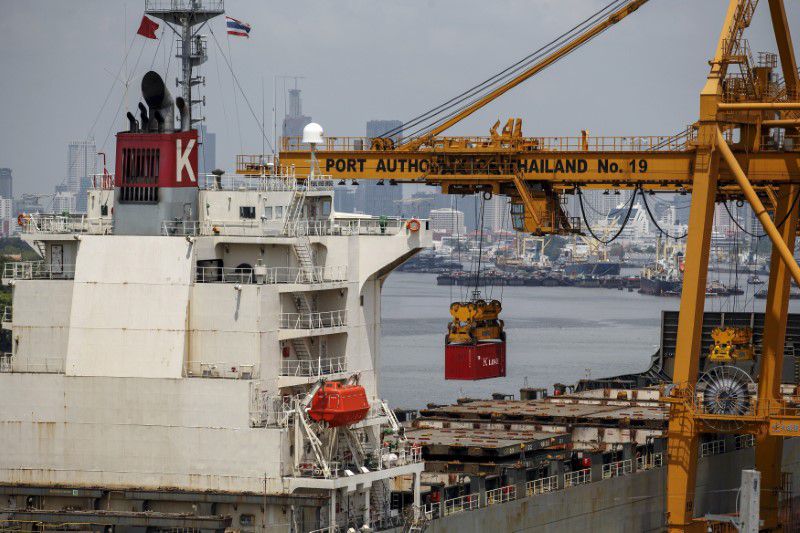First, governments need to invest in local food production, especially in staples. This will require a great deal of support, as these local farmers need to be able to make a living, even when they compete against larger and global food producers. In this sense, local food production, especially in staples, should be seen as a “strategic product”. This would not necessarily aim to replace the global market in produce, but instead allow the development of greater market stability when systems are disrupted.
Second, governments need to develop better systems for distributing food, especially in poorer communities that lack options. Processed foods are popular in poor communities because they last longer, are easy to prepare and are cheap; yet they are significantly less healthy than fresh whole foods, given that they contain fewer nutrients and even carcinogenic substances. Governments need to protect these communities by investing in the local distribution of fresh food and improving the provision of electricity to extend shelf life. This is the time for a global effort in which countries invest in and encourage community-based food production.
Finally, governments need to ensure that food retailers have enough goods stockpiled to account for panic buying. Research has shown that empty store shelves were not the result of a few hoarders, but instead the result of many people deciding to buy “one extra item”: an understandable impulse given the uncertainty and the fear that follows in a crisis situation. Due to a lack of inventory, this was enough to clean out store shelves, which only served to increase the rate of panic buying as people then tried to buy essential goods before they disappeared.
Governments need to set down regulations to ensure that grocery stores have enough stockpiles of essential goods the next time there is a crisis, much in the same way that governments now force banks to keep adequate reserves to ward off bank runs. Stores cannot stockpile everything, so governments need to model how societies will react when faced with uncertainty.
This would be a return to form for Asean governments, which have historically been judged by their ability to provide adequate levels of affordable food to their people. Shortages and rising prices have sparked protests, unrest and revolutions throughout history. Our food system is deeply rooted in wastage and is economically dependent on excessive consumption. The pandemic has brought all these issues to the forefront again. It is time for governments to reclaim their role as a guarantor of healthy and adequate food for all.



























